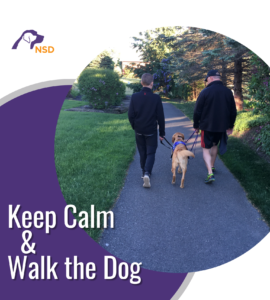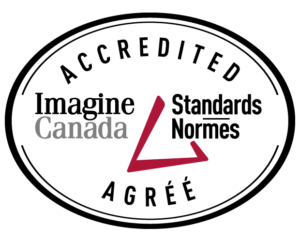Seasonal Affective Disorder (SAD) is a type of depression that occurs at specific times of the year, usually during the fall and winter months when there is less natural sunlight. It is thought to be related to changes in light exposure, which can affect the body’s internal clock (circadian rhythms) and neurotransmitter levels, particularly serotonin and melatonin.
Common symptoms of SAD include:
- Depressed mood: Feeling sad, hopeless, or irritable.
- Low energy: Fatigue and a lack of interest in activities.
- Changes in sleep patterns: Oversleeping or difficulty sleeping.
- Appetite changes: Craving carbohydrates and gaining weight.
- Difficulty concentrating: Trouble focusing and making decisions.
Here are some strategies that may help alleviate symptoms of Seasonal Affective Disorder:
- Light therapy (phototherapy): Exposure to a bright light that mimics natural sunlight can help regulate your body’s internal clock. Light therapy boxes are designed for this purpose and are commonly used in the morning.
- Spend time outdoors: Increase your exposure to natural sunlight by spending time outdoors during daylight hours. Even on cloudy days, outdoor light can be beneficial.
- Exercise: Regular physical activity has been shown to improve mood and reduce symptoms of depression. Aim for at least 30 minutes of moderate exercise most days of the week. This is a great opportunity to get out with your dog and go for a walk!
- Mind-body techniques: Practices such as meditation, yoga, and deep breathing exercises can help reduce stress and improve overall well-being.
- Maintain a healthy diet: Eat a balanced diet with plenty of fruits, vegetables, and whole grains. Consider omega-3 fatty acids, as some research suggests they may have a positive impact on mood.
- Socialize: Stay connected with friends and family. Social interactions can provide support and help combat feelings of isolation.
- Counseling or psychotherapy: Cognitive-behavioral therapy (CBT) or other forms of counseling can be effective in managing SAD symptoms.
- Medication: In some cases, antidepressant medications may be prescribed to help alleviate symptoms. Consult with a healthcare professional to discuss the potential benefits and risks.
It’s important to consult with a healthcare professional to determine the most appropriate and effective treatment for your specific situation. If you or someone you know is experiencing symptoms of depression, including Seasonal Affective Disorder, seek help from a mental health professional.






